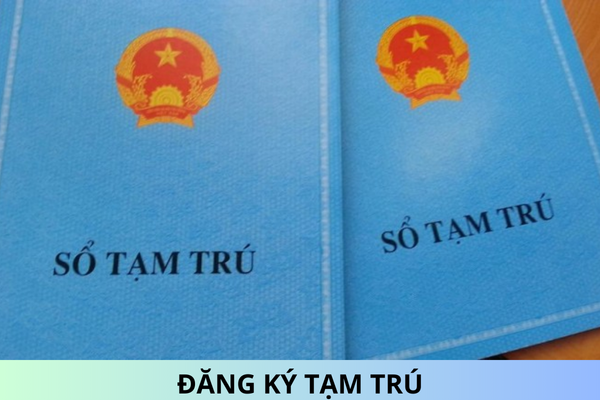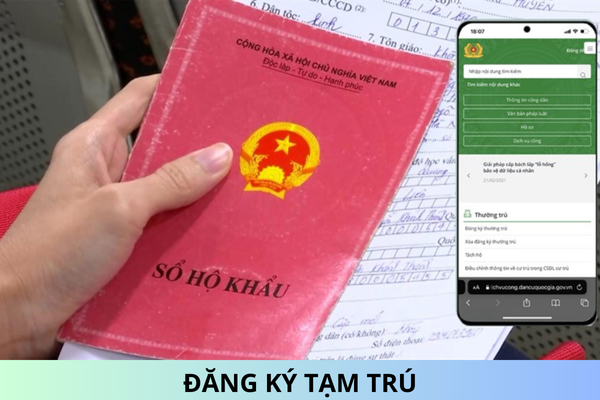Does notarizing an authorization contract require both parties to go to a notary office in Vietnam?
Does notarizing an authorization contract require both parties to go to a notary office in Vietnam? Can I unilaterally terminate authorization contract in Vietnam? What are obligations of parties in an authorization contract in Vietnam?
Hello, I have a question: When notarizing an authorization contract, are both parties required to go to the notary office?
Does notarizing an authorization contract require both parties to go to a notary office in Vietnam?
In Article 55 of the Notary Law 2014, there are regulations on notarization of authorization contracts as follows:
1. When notarizing authorization contracts, notaries shall carefully examine the dossiers and clearly explain to related parties their rights and obligations as well as legal consequences of such authorization.
2. In case both the authorizing party and authorized party cannot appear together at the same notarial practice organization, the authorizing party shall request the notarial practice organization of the place of residence of the authorizing party to notarize the authorization contract; the authorized party shall request the notarial practice organization of the place of residence of the authorized party to further notarize the original of this authorization contract and complete procedures for notarization of the authorization contract.
Thus, according to the above regulations in Vietnam, when notarizing an authorization contract, both parties are not required to go to the notary office. The authorizing party can first notarize the authorization content and then send the contract to the authorized party for the authorized party to notarize the remaining part.

Does notarizing an authorization contract require both parties to go to a notary office in Vietnam? (Image from the Internet)
Can I unilaterally terminate authorization contract in Vietnam?
According to Article 569 of the 2015 Civil Code, there are regulations on unilateral termination of performance of authorization contracts as follows:
1. Where an authorization involves payment of remuneration, the principal has the right, at any time, to terminate unilaterally the performance of the contract but must remunerate the attorney in proportion to the acts performed and compensate for damage. If the authorization does not involve payment of remuneration, the principal has the right, at any time, to terminate the performance of the contract, subject to giving reasonable prior notice to the attorney.
A principal must notify any third person in writing of the termination of the performance of the contract by the principal. If the principal fails to do so, any contract with any such third person shall remain in effect, unless such third person knows or should know of the termination of the performance of the contract.
2. Where an authorization does not involve payment of remuneration, the attorney has the right, at any time, to terminate unilaterally the performance of the contract, subject to giving reasonable prior notice to the principal. If the authorization involves payment of remuneration, the attorney has the right, at any time, to terminate unilaterally the performance of the contract and must compensate for any damage caused to the principal.
According to this Article, the parties to the authorization contract have right to unilaterally terminate the authorization contract in Vietnam.
What are obligations of parties in an authorization contract in Vietnam?
Pursuant to Article 565 and Article 567 of the 2015 Civil Code, obligations of the parties in the authorization contract are as follows:
Article 565. Obligation of attorneys
1. Perform the act in accordance with the authorization and inform the principal of such performance.
2. Notify any third parties involved in the performance of the authorized act of the duration and scope of the authorization and of any amendments of or additions to such scope.
3. Take care of and preserve documents and facilities provided for the performance of the authorized act.
4. Keep all information confidential which the attorney comes to know during the performance of the authorized act.
5. Return to the principal any property received and benefits derived during the performance of the authorized act as agreed or as provided by law.
6. Compensate for damage caused by a breach of any of the obligations provided in this Article.
Article 567. Obligation of principals
1. Provide the information, documentation and facilities necessary for the attorney to perform the authorized act.
2. Be liable for undertakings given by the attorney within the scope of the authorization.
3. Reimburse the attorney for reasonable expenses incurred by the attorney in the performance of the authorized act and pay any agreed remuneration to the attorney.
Thus, the parties in the authorization contract will have rights and obligations in Vietnam as prescribed above.
Best regards!










